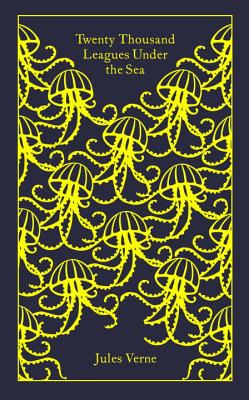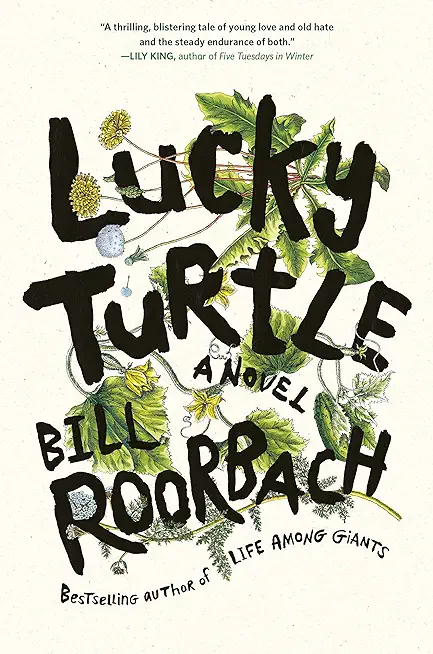
description
o initiated a one-man Beat Generation in his native Germany, Wolf Wondratschek "is eccentric, monomaniacal, romantic--his texts are imbued with a wonderful, reckless nonchalance" (Patrick Süskind). Now, he tells a story of a man looking back on his life in an honest portrait of the artist as an old man. Vienna is an uncanny, magical, and sometimes brutally alienating city. The past lives on in the cafés where lost souls come to kill time and hash over the bygone glories of the twentieth century--or maybe just a recent love affair. In one of these cafés, our anonymous narrator meets a strange character, "like someone out of a novel" a decrepit old Russian named Suvorin. A Soviet pianist of international renown, Suvorin committed career suicide when he developed a violent distaste for the sound of applause. This eccentric gentleman--sometimes charming, sometimes sulky, sometimes disconcertingly frank--knows the end of his life is approaching, and allows himself to be convinced to tell his life story. Over a series of coffee dates, punctuated by confessions, anecdotes, and rages--and by the narrator's schemes to keep his quarry talking--a strained friendship develops between the two men, and it soon becomes difficult to tell who is more dependent on the other. Rhapsodic and melancholic, with shades of Vladimir Nabokov, W. G. Sebald, Hans Keilson, and Thomas Bernhard, Wolf Wondratschek's Self-Portrait with Russian Piano is a literary sonata circling the eternal question of whether beauty, music, and passion are worth the sacrifices some people are compelled to make for them. "A romantic in a madhouse. To let Wondratschek's voice be drowned in the babble of today's literature would be a colossal mistake." --Patrick Süskind, internationally bestselling author of Perfume: The Story of a Murderer
member goods
No member items were found under this heading.
listens & views

CANZONETTE / CONCERTO DELLE DAME ...
by MONTEVERDI / VACCARI / PEDERZOLI / VARTOLO
COMPACT DISC$18.49
Return Policy
All sales are final
Shipping
No special shipping considerations available.
Shipping fees determined at checkout.






